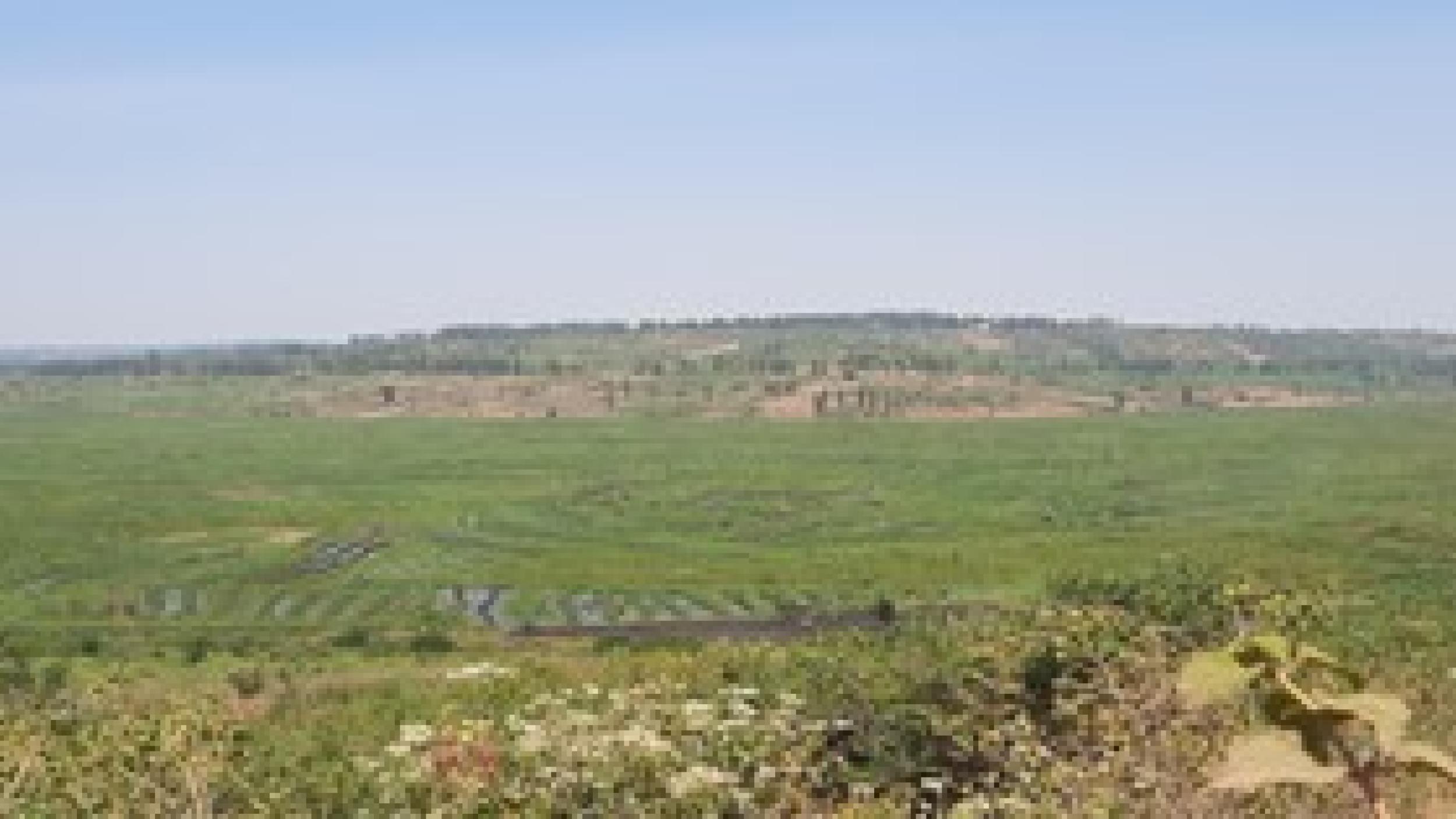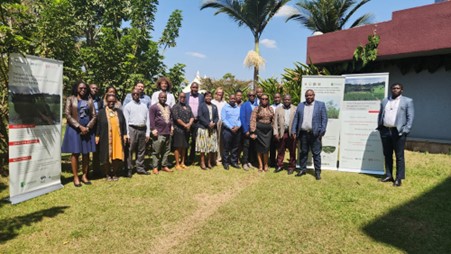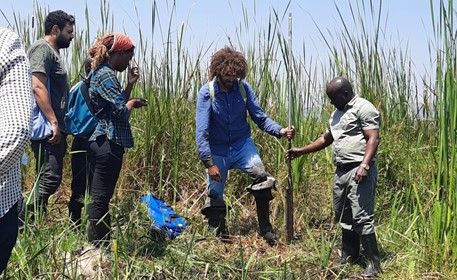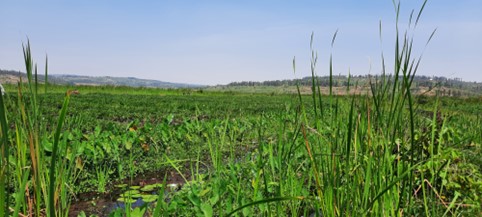
Dialogues and Assessment of Transboundary Peatlands in the Kagera Sub-Basin of Nile Basin project kicks off in Nyamata, Rwanda
Despite their vital economic and ecological resources, peatlands have received limited attention from the conservation community and the Nile Basin is not an exception. Peatlands are ecosystems contributing to biological diversity, the global water cycle, global carbon storage relevant to climate change, and other wetland functions valuable to human communities and livelihoods. In 2019, the Nile Basin Initiative (NBI) member states, through the Nile Council of Ministers (NILE-COM), took note of the current and potential carbon emissions from peatlands and their potential role in the Nationally Determined Contributions (NDCs) of the member states. The NILE-COM endorsed NBI to become a member of the Global Peatland Initiative (GPI) spearheaded by UNEP to bring forward the peatlands and climate agenda; and requested NBI to continue supporting member countries with building the knowledge base, capacity development and piloting of measures suited to sustain peatlands as a net carbon sink. The Nile Basin Initiative (NBI) through its Nile Equatorial Lakes Subsidiary Action Program–Coordination Unit (NELSAP–CU) and the German Development Cooperation (GIZ) under its Policy Dialogue and Knowledge Management on Climate Protection Strategies (DIAPOL-CE) are implementing the Dialogues and Assessment of Transboundary Peatlands in the Kagera Sub-Basin of Nile Basin project. The project is funded by the Federal Ministry for the Environment, Nature Conservation, Nuclear Safety and Consumer Protection (BMUV) through the International Climate Fund.
The project focuses on two transboundary peatland landscapes in the Kagera Sub-basin shared between the Republics of Burundi and Rwanda, Tanzania and Uganda. These are the Cyohoha-Rweru-Akanyaru Marshlands and the Sango Bay-Minziro Transboundary Wetlands respectively. Stakeholders from the four countries and project partners from the Michael Succow Foundation, Partner in the Greifswald Mire Centre and Sydro Consult met between the 24 and 27 July in Nyamata, Rwanda for a regional inception and partner capacity building workshop. The project builds on the first phase of the DIAPOL-CE project that aimed at raising awareness about the peatland measures GHG potentials in NDCs across the Nile Basin region. The current project aims at enhancing the scientific knowledge and understanding of socio-economic potential of two transboundary peatland landscapes in the Kagera Sub-basin of the Nile to leverage climate financing for economic development and green growth. Some of the activities to be undertaken by the project include but are not limited to: mapping and assessment of the peatland to understand their distribution, peat properties, land use types and degradation status, undertaking an eco-hydrological assessment of the peatland functionality in both sites, building awareness and the capacity of partner states on the relevance of peatlands for climate action, socio-economic assessment and valuation of the peatlands for sustainable use, protection, and rehabilitation, paludiculture value-chain analysis and preparation of a project proposal for climate financing.
Overall, the project will contribute to higher-level goals of the four member states in sustaining peatland ecosystems, ecosystem-based adaptation, and mitigating GHG emissions from peatlands in line with obligations under Sustainable Development Goals (SDGs), United Nations Framework Convention on Climate Change (UNFCCC), Convention on Biological Diversity (CBD) and the Ramsar Convention. During the three-day workshop, participants were able to visit one of the peatlands in the Akanyaru system to assess the peat properties, assess some of the pressures on the peatlands, understand the socio-economic activities taking place in the peatland landscapes and interact with user-communities and other stakeholders in the catchment area.

workshop in Nyamata, Rwanda. Photo credit: GIZ.

system. Photo credit: GIZ.

Kagera sub-basin are facing. Photo credit: GIZ.